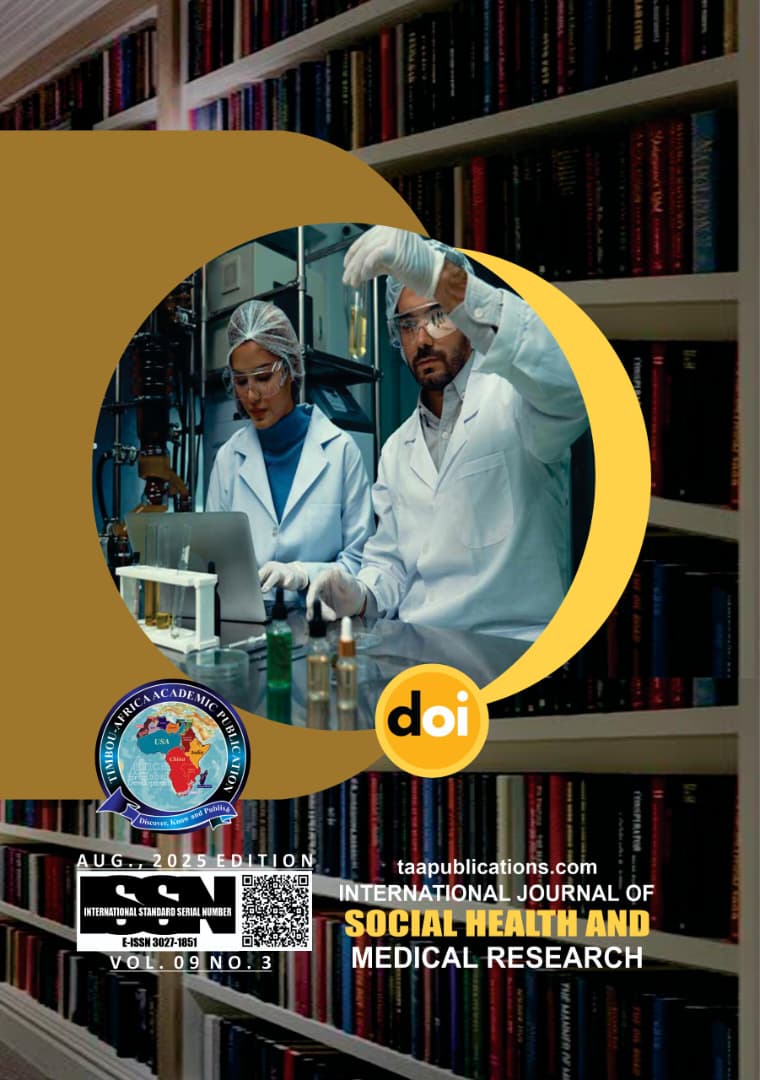ARTIFICIAL INTELLIGENCE-ENHANCED MULTI-MODAL CANCER DIAGNOSIS AND PROGNOSIS: INTEGRATING MEDICAL IMAGING, GENOMIC DATA, AND CLINICAL RECORDS FOR PRECISION ONCOLOGY

Abstract
Multimodal artificial intelligence (AI) methods are now a paradigm-shifting approach for cancer prognosis and diagnosis, allowing the blending of heterogeneous data modalities including histopathology images, radiomics, genomics, and clinical data. In this systematic review, the existing evidence regarding the application, integration methods, and performance measures of multimodal AI models in oncology is compiled. According to the PRISMA 2020 guideline, a wide literature search was performed on Scopus, Web of Science, IEEE Xplore, and PubMed for literature from January 2019 to May 2025. There were 1,280 records found, out of which 50 were found to meet the inclusion criteria and were examined. Data retrieved consisted of study attributes, data types, fusion methods, evaluation measures, and achieved performance. Descriptive synthesis indicated a consistent increase in multimodal AI articles from 2021, with the most prevalent integration strategy being hybrid fusion (42% of research), then late fusion (26%), early fusion (18%), transformer-based models (8%), and graph neural networks (6%). Comparative analysis demonstrated that transformer-based and hybrid models offered the highest mean area under the curve (AUC) and concordance index measures (0.93 and 0.91, and 0.89 and 0.88, respectively). Despite standout performance, heterogeneity of the data set, reproducibility, and limited external validation concerns were widely reported. This review identifies the promise of multimodal AI to improve diagnostic accuracy and prognosis prediction in cancer, with cautionary notes on the necessary standardised datasets, clear reporting, and validation in clinical use for the translation to standard care.
Keywords
multimodal artificial intelligence, cancer diagnosis, cancer prognosis, fusion methods, simplistic
